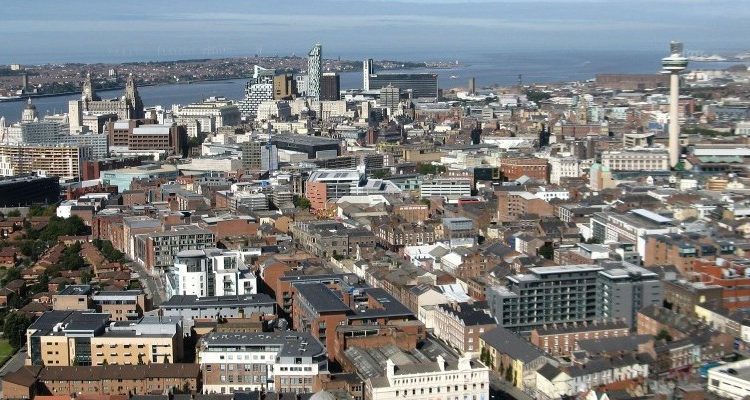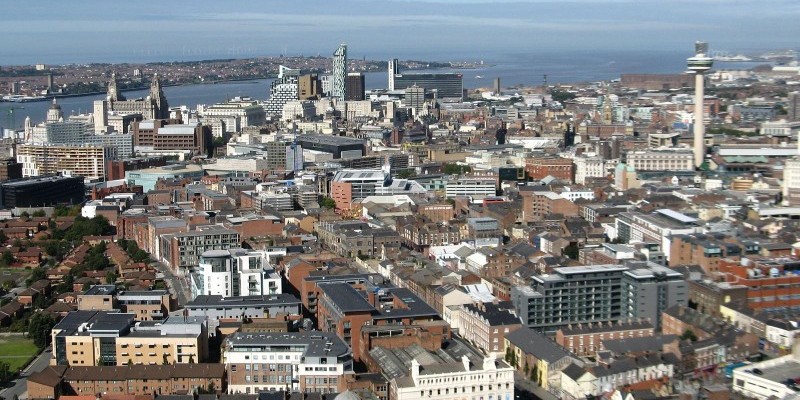Recent reports from the Royal Society for the encouragement of Arts, Manufacture and Commerce City Growth Commission came to a significant conclusion at the end of last week, surmising that regional devolution was vital to improving the performance of the regional economies of Northern English cities.
The report set forth some of the principles that could transform Northern cities economic prospects through greater regional autonomy, labelling the collective region that would see the greatest benefit as “ManSheffLeedsPool”. In a recent article on the Guardian’s media network blog, Chris Calland investigates further and floats his ideas for re-branding the North.
Calland suggests that the term “North” be retired altogether, as he says geographic locations of these British cities is more central and that the label “Northern” simply indicated that they were north of London; and that rather than measuring the identity of these cities by the yardstick, the region as a whilse has better defining features.
He notes that the currently used term implied the idea of the North as “an extremity, far away and remote.” The preferred concept was that of a “central hub”, a linked region contributing to a gloablised economy.
Secondly, Calland suggests following in the footprints of Manchester and its surrounding metropolitan area of ‘Greater Manchester’ replacing the old “Selnec” (South East Lancashire North East Cheshire”). In recent years the term ‘Liverpool City Region’ has begun to replace Merseyside, and Calland thinks it may be soon before other cities begin to imitate this and develop descriptors to associate cities more directly with their surrounding areas.
Additionally, although there is a kind of shared identity, Calland highlights the differences of these four cities and their separation by the Pennine Hills. Their historic county past used to set an identity for cities in England’s North as part of their own regions. Devolution by county into two localities separated by the natural barrier of the pennines, Calland feels, could be “more likely to generate returns than trying to span the historic divide.”
Finally, Calland talks about the a greater separation of town and country, similar to the difference between Greater London and the Home Counties. A definition between the urban sectors of the North and rural areas would imply an economic and political independence, with specific local media services and a more city-based focus.
Calland’s ideas may not be wholly feasible or imminent but they do provide food for thought, particularly with a the governments growing focus on regional devolution and its pursuant enhanced funding potential: both Chancellor George Osbourne and Deputy Prime Minister Nick Clegg have described visions for a “Northern economic powerhouse” and the “Northern Futures” initiative respectively.
The power wielded by a new political lobby group, One North, is a testament to the contribution, economic or otherwise, of its combined cities: Liverpool, Manchester, Leeds, Sheffield, and Newcastle. Perhaps the current path of regional devolution will see less of the bemoaned economic divide, and more a cultural association through re-branding between England’s North and South.
Read Chris Calland’s full article here http://www.theguardian.com/media-network/media-network-blog/2014/oct/23/rebranding-the-north-liverpool-manchester-newcastle-leeds?
Words: Peter Cribley


